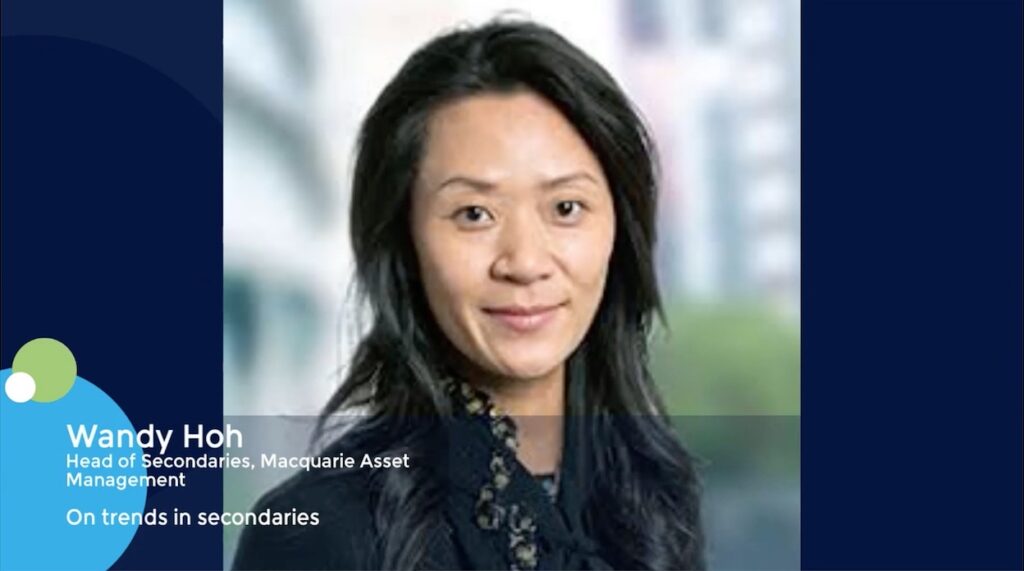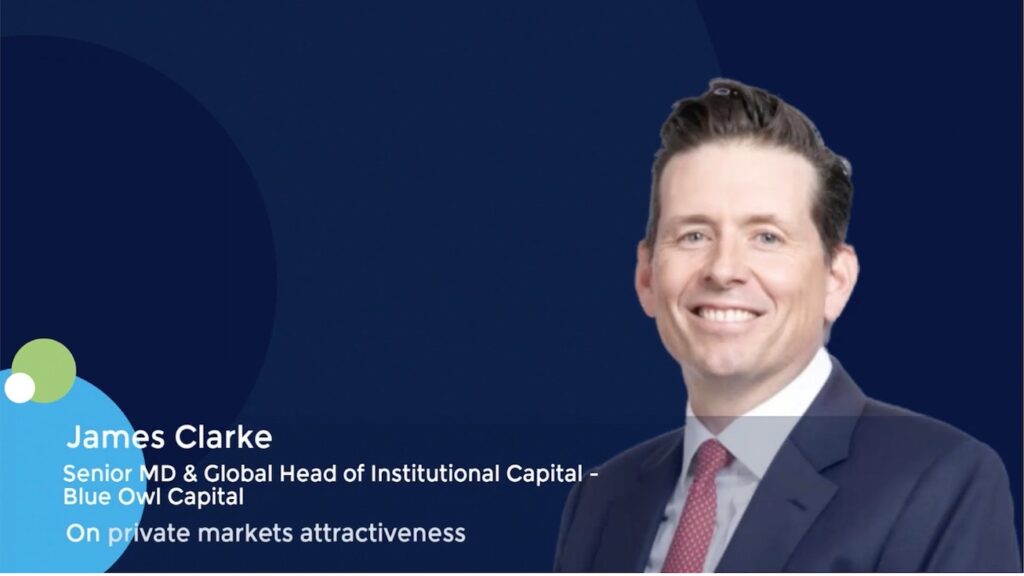Deal focus: Virtus Medical pushes doctor-stakeholder model in Hong Kong healthcare
Established by financial and medical professionals, the company wants to replicate elements of the service provider aggregation strategy present in other markets – and roll it out elsewhere in Asia
Virtus Medical, a Hong Kong-based healthcare services provider, was looking for a single Chinese investor on launching its latest funding round before the pandemic. Intermittent pauses drew out the process, but this gave investors more time to familiarise themselves with the company. Three ended up coming in: Shanghai Healthcare Capital (SHC), Mitsui & Co, and MediTrust.
“An investor was introduced to us by our existing financial shareholders. They’d heard our story and really wanted to invest in us. We made sure there was no resistance from the other side and brought them in. We had interest from other investors as well, but discussions were always limited to a small circle,” said Samuel Poon, a co-founder and CEO of Virtus.
The company previously raised USD 83m from Samena Capital and Cenova Capital in 2018, not long after it was founded. GIC came in a few months later. Virtus declined to disclose the size of the new investment but said it represented a significant valuation premium to previous rounds. Ownership is now split equally between institutional investors and company employees.
Investors were attracted by what is an unusual business model in a Hong Kong context, according to Poon. Virtus brings together doctors from different specialist areas under a single corporate entity, incentivises them using meaningful equity participation, and looks to deliver improved operational and financial performance through economies of scale and standardised processes.
“Doctors work collectively under an operating platform that provides them with all the necessary support, allowing them to focus solely on their own specialty without any additional hassle. This should be the way forward,” said Collin Lau, another founder.
Expansion plans
Aggregating small-scale service providers through an operator-shareholder model has proved successful in Western markets. It is a popular private equity strategy – and the fact that Virtus wants to do the same perhaps isn’t so surprising given the founders’ backgrounds.
Lau previously spent over a decade in private equity at Baring Private Equity Asia (now EQT Private Capital Asia), Starr International, and China Investment Corporation, while was Poon was previously co-head of Asian investment banking at Merrill Lynch. The third founder is Manson Fok, a surgeon and son of late Hong Kong tycoon Henry Fok.
Virtus works out of two multidisciplinary medical centres and 13 specialist centres across Central, Tsim Sha Tsui, Jordan, and Tseung Kwan O, including a 15-storey medical facility in Central. There are more than 60 specialist doctors – up from 26 in 2018 – and approximately 40 general practitioners and allied health professionals.
“The new funding will be used to improve patient service and enhance IT operating systems,” said Poon, who noted that Virtus has been profitable from day one. “Additionally, we are considering business expansion in various forms, such as M&A and joint ventures, possibly in regions such as the Greater Bay Area and Singapore.”
The company has already taken full ownership of Beijing-based International Medical Centre (IMC), through which it can provide remote diagnosis services to patients. Compared to Hong Kong, the mainland poses risks in terms of regulation and recruitment, but it is also an attractive market with a large ageing population and greater willingness and ability to pay for quality healthcare.
Other Hong Kong players are eyeing expansion, including ophthalmology specialist C-MER Eye Center, non-hospital medical service provider EC Healthcare, and family medicine specialist UMP Healthcare. Virtus believes support from the likes of SHC and MediTrust – a China-based medical payment system developer and SHC portfolio company – will help accelerate market penetration.
The broader shareholder base, which includes private market investors with healthcare exposure ranging from medical technology start-ups to Asia’s largest hospital operator, is expected to provide introductions and expertise leading to the implementation of data analytics and digital transformation tools.
Happy stakeholders
However, Lau emphasised that medical professionals remain the cornerstone of specialist healthcare services, contrasting this “holistic approach” with the more transactional doctor-to-patient model.
“One doctor is like one big tree, but when you bring together 100 doctors, it essentially creates a forest capable of establishing its own ecosystem, planting new trees, and developing healthcare-related businesses,” he explained, while highlighting the relationship management challenges that come with bringing together even 20 doctors as business partners.
Founding doctors at Virtus are encouraged to introduce new colleagues. The ratio of existing doctors to new joiners stands at around 1:2 at present, but there are plans to increase this to 1:3. Key pain points include effective communication with doctors whose professional experience doesn’t extend to working in commercial practices and may not grasp the business side of healthcare.
Virtus has initiated formal discussions with doctors and major stakeholders regarding major strategic objectives, such as targeting the paediatric and over-50s segments.
There are also informal channels for doctors to share knowledge and experience on diagnosis methodologies, thereby minimising duplicate charges and earning trust from the likes of insurance companies. This approach fosters self-learning among doctors, as evidenced by a senior doctor being corrected by a junior who was up to speed on the latest research papers.
Understanding this culture and ecosystem was a significant part of investor due diligence, with Lau noting that one investor interviewed one-third of the Virtus doctor base. Indeed, May Liang, a partner at SHC, said she was impressed by the capabilities of the founders and their ability to assemble a collection of top-notch local doctors.
Much as the founders see the business model as scalable in Hong Kong – driven by a perceived supply-demand mismatch in private healthcare services – they recognise that success ultimately rests on maintaining the balance between size, service quality, and stakeholder harmony.
“At the end of the day, it is about your execution and the culture you build. We are bringing together likeminded doctors who are not just in it for money, but also for the sake of creating the best and most innovative operating platform,” Lau added.












